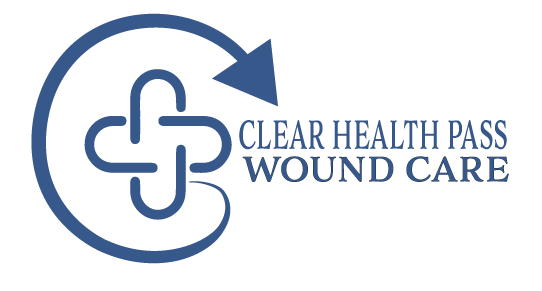Summary:
This study, conducted by Zelen CM, Gould L, Serena TE, Carter MJ, Keller J, and Li WW, evaluates the healing effectiveness of dehydrated human amnion/chorion membrane (dHACM) allografts (EpiFix), bioengineered skin substitute (Apligraf), and standard care (collagen-alginate dressing) for chronic diabetic foot ulcers. Diabetic ulcers are a significant medical burden due to risks such as amputation and prolonged healing times.
Objective:
To compare the effectiveness of weekly applications of EpiFix, Apligraf, and standard care in achieving complete healing of chronic lower extremity diabetic ulcers after 4 and 6 weeks.
Study Design:
This prospective, randomized, controlled trial involved 60 participants across three wound care centers. Patients were randomized into three groups receiving either weekly EpiFix, Apligraf, or standard care. The primary outcome was complete wound healing after 4 and 6 weeks.
Results:
EpiFix demonstrated superior effectiveness, achieving 85% healing at 4 weeks compared to 35% for Apligraf and 30% for standard care. At 6 weeks, EpiFix achieved 95% healing, significantly outperforming both Apligraf (45%) and standard care (35%). EpiFix also reduced median healing time (13 days vs. 49 days for both Apligraf and standard care). EpiFix was more cost-effective, requiring fewer grafts per patient.
Conclusion:
EpiFix showed significant clinical and economic advantages over Apligraf and standard care for treating diabetic foot ulcers, advocating its use for rapid and complete healing. Further studies are recommended to confirm these findings on a larger scale.
For more details, refer to the original article: Zelen CM, Gould L, Serena TE, Carter MJ, Keller J, Li WW. A prospective, randomised, controlled, multi-centre comparative effectiveness study of healing using dehydrated human amnion/chorion membrane allograft, bioengineered skin substitute or standard of care for treatment of chronic lower extremity diabetic ulcers. Int Wound J. 2015;12(6):724-732.

